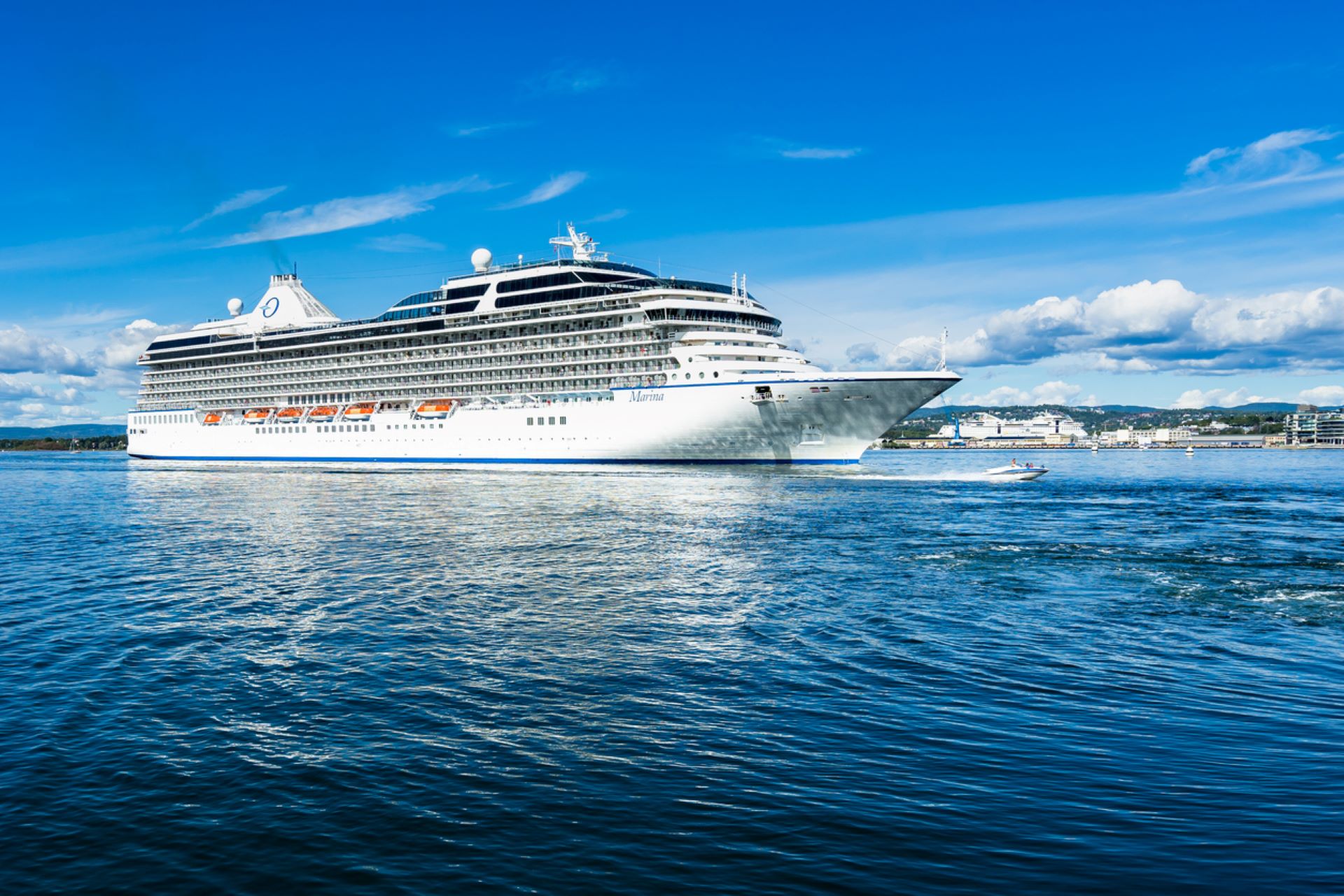Arctic cruises have grown in popularity in Europe, but the environmental impact has become too great to ignore.
Cruise Hive recently reported that the Norwegian government is amending environmental regulations in Svalbard that will limit how cruise lines operate. The goal of the amendments is to "preserve the unique wilderness and wildlife of one of Europe's largest untouched areas," and it is described as "a significant turning point for Arctic cruise tourism."
"Climate change, together with increased activity, has resulted in great pressure on the vulnerable Arctic wildlife and nature in Svalbard. We are now tightening the environmental regulations in Svalbard to strengthen the protection of flora and fauna," Andreas Bjelland Eriksen, the Norwegian Minister of Climate and Environment, told High North News.
While cruises can be fun and unique experiences, they have the potential to cause significant pollution in otherwise pristine environments. Expedition vessels to the Svalbard region carry an average of 50 to 500 guests, with some occasionally reaching Longyearbyen, the most northern city in the world, located on Svalbard.
The amendments to the environmental regulations will go into effect on Jan. 1, 2025, and they include "restrictions on the number of guests allowed ashore and limitations on ship sizes that are expected to drastically alter the Arctic cruising experience," per Cruise Hive.
The new regulations will limit cruise ships visiting Svalbard to 200 guests in protected areas. Visitors to those areas will be required to maintain a distance of at least 150 meters from iconic Arctic wildlife, like walruses, reducing viewing opportunities significantly.
There will also be a ban on breaking fast ice, which will help protect the habitat of seals, polar bears, and walruses that use the ice for breeding, resting, and hunting.
The hope is that these new restrictions will lead to the development of smaller, eco-friendly cruise ships that won't damage sensitive areas like Svalbard. Anyone looking to cruise the Arctic can reduce their impact by choosing a cruise line that is actively working to reduce pollution and waste.
Join our free newsletter for cool news and actionable info that makes it easy to help yourself while helping the planet.









